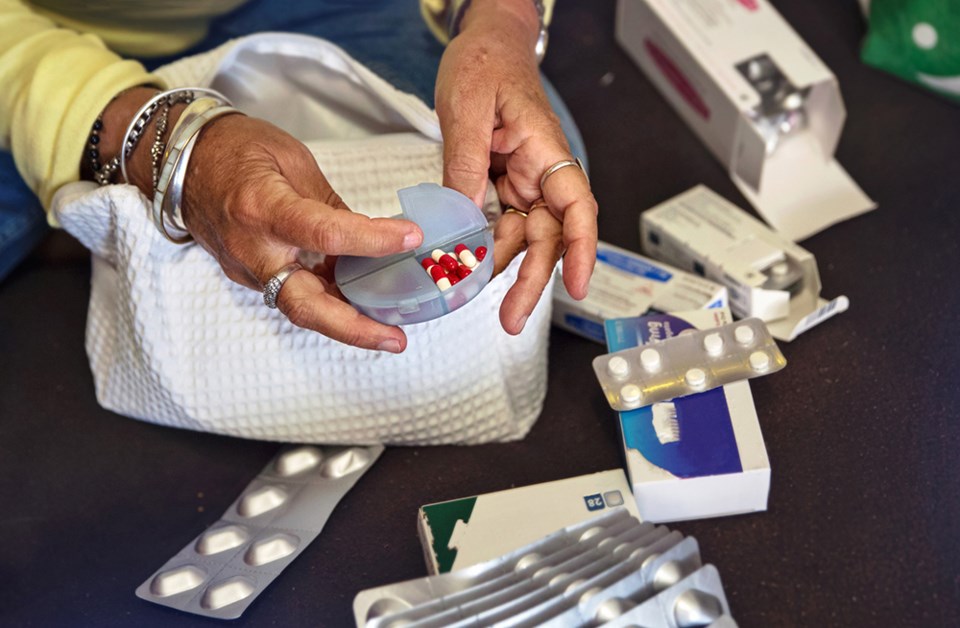Some bad habits are hard to break, especially the ones we didn’t even realize we had.
Flushing vitamins and medication down the drain affects marine life and quite possibly our drinking water, as well. We might wish that sending these items down the drain or to a landfill was enough, but wishing alone doesn’t make this so.
Like it or not, humans are messy creatures. The realities of life often find us distracted, and distracted people tend to make poor snap decisions. When we’re cleaning outdated medications from our cabinet or tidying up unused prescriptions for an elder, we may not take the time to discover how to responsibly dispose of these, potentially dangerous, substances.
Consider this your moment to get versed so you’ll know what to do when the moment for decision-making inevitably arises.
In short, pills and medical creams and liquids should be taken to a pharmacy, where they will be incinerated. This prevents them from getting into the wrong hands or stomachs accidentally.
We all know better than to tip used oil into a storm drain but what about flushing old medications down the toilet? Much like the myth that food scraps compost in landfills – they don’t – wastewater treatment plants are not designed to filter out medication. These plants offer primary treatment through screening and settling tanks and secondary processing where desirable bacteria and oxygen are added to digest pollutants, followed by treatment with chlorine, ultraviolet light or ozone.
Pharmaceuticals and other contaminants such as fertilizers, hair dye and any number of products sent down the drain are largely not filtered out during these treatments. Even more advanced systems with tertiary treatment do not successfully manage pharmaceuticals, which interact with other substances in the water to create a toxic soup that has yet to be sufficiently addressed by provincial or federal regulatory bodies.
Those of us relying on septic fields are in an even more volatile situation as anything that goes down our drains can end up in the water table and local streams, affecting both ourselves or any number of creatures that rely on these waterways.
Landfills are not the solution either, as there is always the risk that medications get back into circulation or are consumed by pets or wild animals while awaiting pick up or disposal.
Fortunately for BC residents, there is a Medications Return Program that most pharmacies host. This take-back program is administered by the Health Products Stewardship Association on behalf of the pharmaceutical industry.
The public is asked to return all prescription and nonprescription medications, and natural health products including cannabis, anti-bacterial and anti-fungal creams, inhalers and patches, for proper disposal through participating pharmacies.
When possible, residents are encouraged to remove pills from their containers and place them into a clear bag before dropping off at a pharmacy. Liquid and cream medications should be kept in their original packaging.
Plastic bottles can be placed into curbside recycling or dropped off at any Recycle BC recycling depot, but squeeze tubes and pill blister packaging must go in the garbage. COVID-19 rapid tests do not currently have a program for disposal other than in the landfill either.
Personal identification on all containers should be blacked out for your privacy prior to disposal or drop off.
All waste is not created equal. Pills and medical ointments may be small in size but they can cause serious harm when released into the environment or accidentally consumed. Taking all medication, whether prescription grade or otherwise, to a pharmacy for proper disposal shows good care for the earth and those we share it with.
Let’s Talk Trash is qathet Regional District’s waste reduction education program. For more information, email [email protected] or go to LetsTalkTrash.ca.



